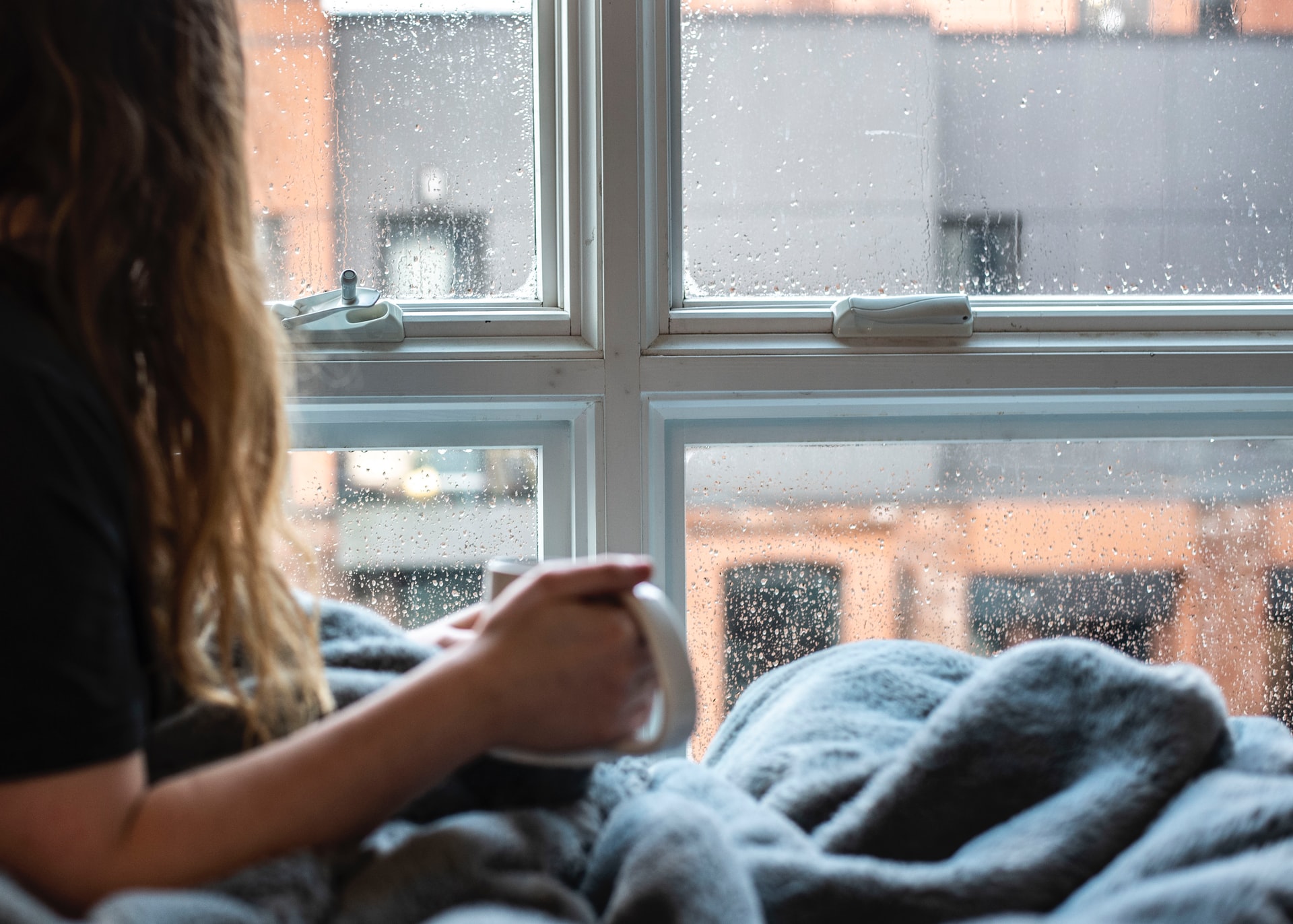What are the different winter holidays?
As the days grow colder and we start seeing holiday-themed displays in stores, many of us start preparing for the upcoming festivities. Though many cultures hold celebrations or holidays during the winter, perhaps the most commonly known holidays in the United States are Christmas on December 25th, Hanukkah on December 10-18, and Kwanzaa on December 26-January 1st. Though celebrations of the new year vary across different cultures, the coming of the new year is widely celebrated on December 31st-January 1st in the United States. While holidays can be a time of joy and celebration for many, the holidays can also bring forth mental health challenges and increased stress for others.
Psychological impact.
According to a survey conducted by the National Alliance on Mental Illness, about 64% of people diagnosed with mental illness reported that holidays make their conditions worse and approximately 66% reported feeling lonely (National Alliance on Mental Illness, 2014). Given the further isolating factors of the COVID-19 pandemic, it is likely that a greater amount of us feel this way, as many of us won’t be able to see our loved ones. The holidays can also prompt financial and psychosocial stress due to family conflict and holiday expectations.
How to help.
Implementing self-care into our routines in an intentional way can help improve our well-being when we are experiencing stress, loneliness, or depression. Self-care looks different for everyone but could look like reading a good book, going on a walk, enjoying a hobby, or even setting boundaries to honor ourselves. Being sensitive to our needs when we need it most is crucial in navigating mental health challenges. It is also a way to practice self-compassion.
Understanding that we are not alone in our experiences may also help us cope with mental health-related challenges around the holidays. This idea of universality is the acknowledgment that even if we feel lonely, we also can recognize that we are not alone in our struggles. As highlighted earlier, many people experience increased distress during the winter holiday season whether that is due to loneliness, depression, or stress.
With this being said, we can also help ourselves by making an effort to connect with others, whether we greet neighbors, write cards to loved ones, catch up with an old friend, or even volunteer with an organization to benefit those in need. We can even message friends and loved ones over social media to stay connected.
Having the support of mental health clinicians can help combat mental health-related challenges during the winter holidays. Especially for those experiencing depressive symptoms, medication management and psychotherapy is recommended.
Reference
National Alliance on Mental Illness. (2014). Mental Health and the Holiday Blues. NAMI. Retrieved November 11, 2021, from https://www.nami.org/Press-Media/Press-Releases/2014/Mental-health-and-the-holiday-blues.

